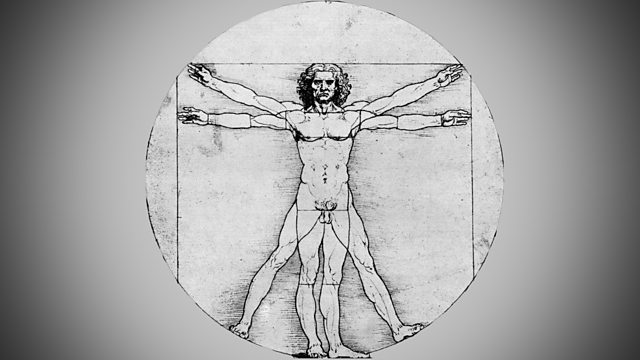Since ancient Greece, metaphors of current technology have been used understand the human body. Aleks Krotoski asks what this means in the digital era.
Since ancient Greece and probably before we've always used metaphors drawn from our current technology to understand our bodies. From the time of Newton we thought of the body as an elaborate clockwork device, the industrial revolution brought us the steam engine and the body became a system of pressures and levers. Aleks Krotoski asks what metaphor prevails in the digital era and what shortcomings in our understanding accompany these analogies.
Producer: Peter McManus.
Last on
Clip
-
![]()
Data mining diabetes
Duration: 01:39
Anna Maerker

Anna Maerker is a senior Lecturer in History of Medicine at Kings College London. She talks to us about the advantages and disadvantages of Anatomical Models, how they were used and what they contributed to Science.
John Costik

John Costik is a lead software developer at the Centre for Clinical Innovation at the University of Rochester, New York. When his son, Evan was diagnosed with Type 1 Diabetes, he turned to technology to minimize the impact of the disease on his health and his life.
Andres Vaccari

Andrés Vaccari has a PhD from the Department of Philosophy at Macquarie University. He shares his work on the History and applications of the Metaphor – The Body as a machine – and how the philosophy of mechanization has affected the world in innumerable and complex ways.
Randolph Nesse

Randolph M. Nesse is an American Physician and evolutionary biologist. He talks to us about the way in which computers have changed our idea of mechanical bodies and why we cannot optimise the body as a machine.
Dr Des Spence

Dr Des Spence is a GP and former columnist for the British Medical Journal. He shares with us his concerns on the impact of Health and Fitness apps suggesting they can lead to over diagnosis for the ‘worried well.’
Broadcast
- Mon 9 Nov 2015 16:3091�ȱ� Radio 4
Podcast
-
![]()
The Digital Human
Aleks Krotoski explores the digital world



